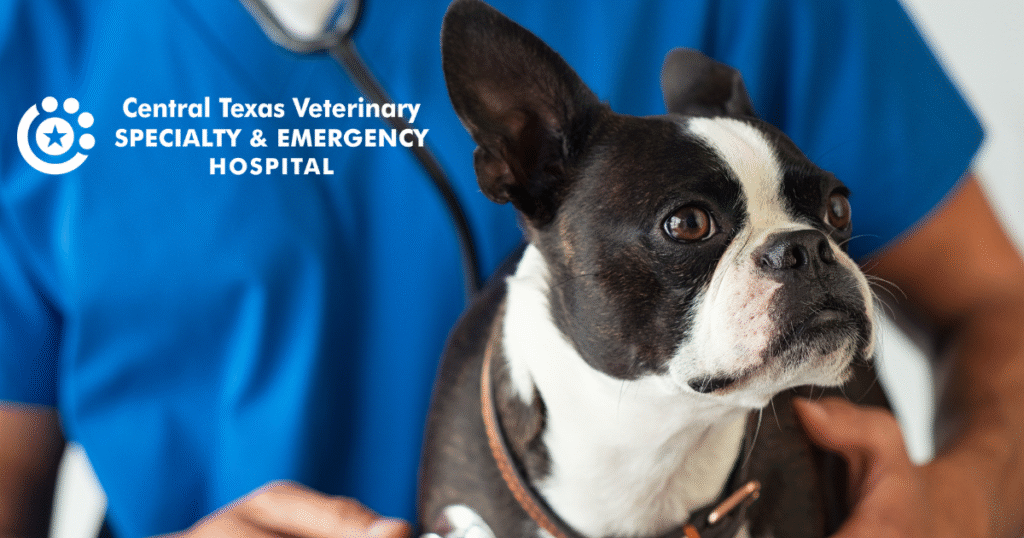When pets face complex medical conditions, board-certified veterinary specialists play a crucial role in providing advanced care. These veterinarians undergo extensive training beyond veterinary school to become experts in specific areas of animal health. Understanding what a board-certified veterinary specialist is and how they can help your pet ensures that you make informed decisions about specialized veterinary care.
Education and Certification Process
Becoming a board-certified veterinary specialist requires years of additional education and rigorous training. The process typically includes:
- Veterinary School – Completion of a Doctor of Veterinary Medicine (DVM) or Veterinary Medical Doctor (VMD) degree, which takes approximately four years after undergraduate studies.
- Internship – A one-year internship in general practice or a specific specialty field.
- Residency Program – A 3-4 year residency in a chosen specialty, where veterinarians receive hands-on training under the guidance of experienced specialists.
- Case Log & Research – Specialists-in-training must complete a set number of clinical cases and often conduct research or publish academic papers.
- Board Examination – After completing a residency, veterinarians must pass a rigorous examination administered by a specialty college, such as the American College of Veterinary Internal Medicine (ACVIM) or the American College of Veterinary Surgeons (ACVS).
Once they pass their board certification exam, they earn the title of Diplomate in their respective specialty field.
Types of Veterinary Specialists
Board-certified veterinary specialists focus on specific areas of medicine and surgery. Some common specialties include:
- Internal Medicine (DACVIM) – Specializes in diagnosing and managing diseases of the organs, such as kidney disease, diabetes, and gastrointestinal disorders.
- Surgery (DACVS) – Experts in soft tissue, orthopedic, and neurological surgeries.
- Cardiology (DACVIM – Cardiology) – Specializes in heart-related conditions such as murmurs, congestive heart failure, and arrhythmias.
- Oncology (DACVIM – Oncology) – Focuses on cancer diagnosis and treatment, including chemotherapy and radiation therapy.
- Neurology (DACVIM – Neurology) – Deals with nervous system disorders such as seizures, spinal cord injuries, and brain diseases.
- Dermatology (DACVD) – Specializes in skin, ear, and allergy conditions in pets.
- Ophthalmology (DACVO) – Focuses on eye health, including cataracts, glaucoma, and vision-related diseases.
- Emergency & Critical Care (DACVECC) – Provides intensive care for critically ill or injured animals.
- Anesthesia & Pain Management (DACVAA) – Ensures safe sedation, anesthesia, and pain control for surgical and medical procedures.
When Should Your Pet See a Veterinary Specialist?
Your primary care veterinarian may refer your pet to a specialist in cases where:
- A condition requires advanced diagnostics or treatment beyond general practice capabilities.
- Surgery or specialized procedures are necessary.
- A chronic illness is not responding to standard treatment.
- A second opinion from an expert is beneficial for complex cases.
How to Find a Board-Certified Veterinary Specialist
If your pet needs specialized care, you can find a board-certified veterinary specialist through resources such as:
- Your primary veterinarian’s referral network.
- The American College of Veterinary Internal Medicine (ACVIM) or American College of Veterinary Surgeons (ACVS) websites.
- Veterinary teaching hospitals and specialty clinics.
Conclusion
Board-certified veterinary specialists are highly trained experts who provide advanced medical and surgical care for pets. If your pet has a complex condition requiring specialized treatment, consulting a veterinary specialist can ensure they receive the highest level of care. Always work closely with your primary veterinarian to determine if a referral to a specialist is the best course of action for your pet’s health and well-being.

